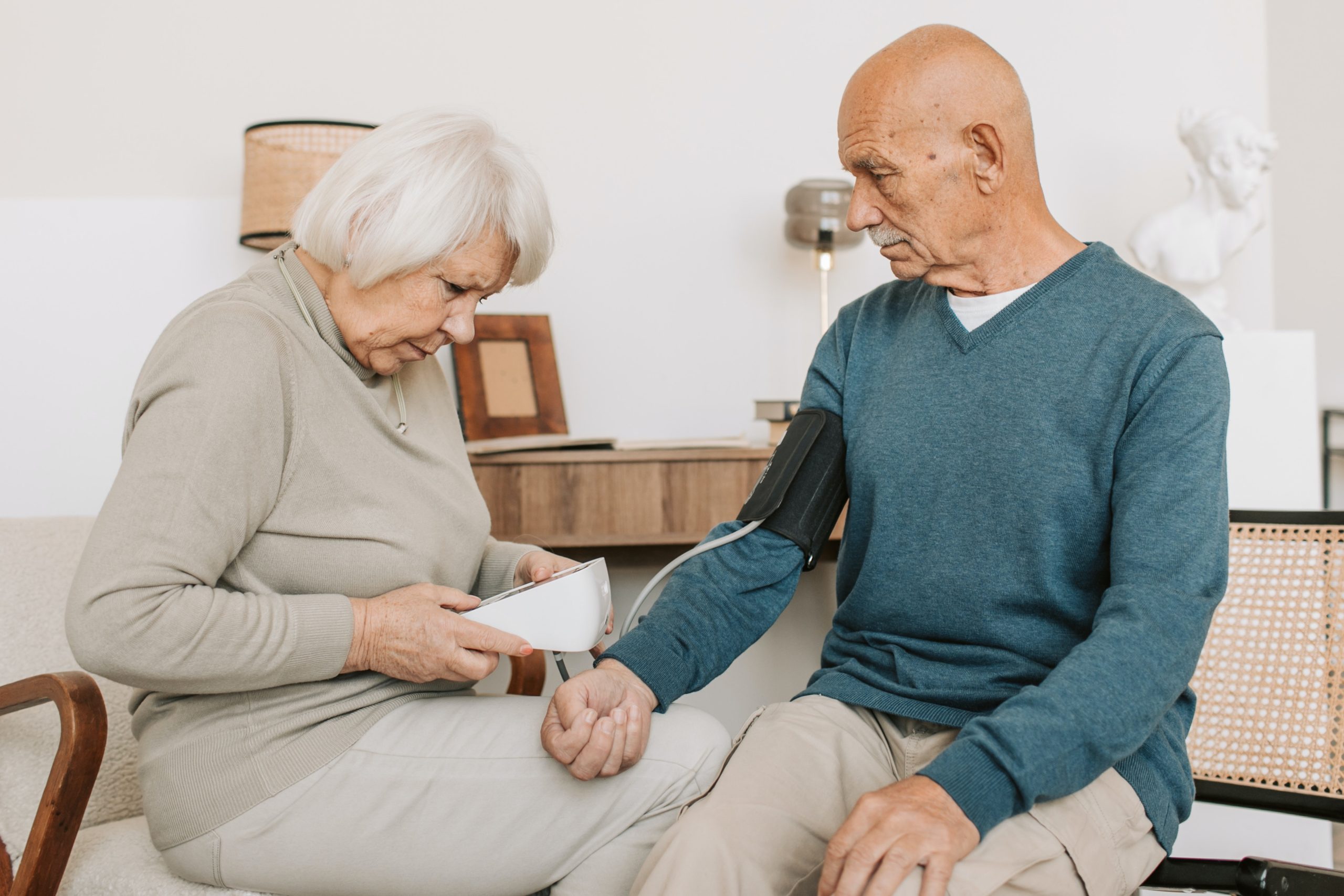The Impact of COVID-19 on Elderly Loneliness and How to Address It

The image is not directly related to the article. It merely symbolizes the life of elderly people.
The Impact of COVID-19 on Elderly Loneliness and How to Address It
What is the impact of COVID-19 on elderly loneliness?
COVID-19 has had a significant impact on elderly loneliness. Due to social distancing measures and quarantine mandates, many older adults have been forced to isolate themselves from family, friends, and social activities. This has led to increased feelings of loneliness, depression, and anxiety, which can have negative impacts on both physical and mental health.
What are the consequences of elderly loneliness?
Elderly loneliness can lead to a variety of negative consequences, including increased risk of depression, anxiety, and other mental health issues. It can also have negative impacts on physical health, increasing the risk of conditions such as high blood pressure, heart disease, and stroke. Additionally, elderly loneliness can lead to a reduced quality of life and increased risk of mortality.
How can we address elderly loneliness during COVID-19?
There are several ways to address elderly loneliness during COVID-19. One option is to utilize technology to stay connected with loved ones and participate in virtual social activities. Another option is to encourage older adults to engage in activities they enjoy, such as reading, gardening, or crafts, to promote a sense of purpose and fulfillment. It is also important to prioritize mental health and seek professional help if needed.
What can family and caregivers do to help elderly loved ones feel less lonely?
Family and caregivers can play a crucial role in helping elderly loved ones feel less lonely. They can make regular phone or video calls to check in and offer emotional support. They can also send letters, care packages, or other thoughtful gestures to let older adults know they are loved and appreciated. Additionally, caregivers can help older adults stay engaged in activities they enjoy and encourage them to participate in virtual social events or groups.
What resources are available for elderly individuals experiencing loneliness?
There are many resources available for elderly individuals experiencing loneliness. Local senior centers, community organizations, and religious groups may offer virtual or socially distanced activities and support groups. Mental health professionals and teletherapy services can also provide support for those experiencing loneliness and related mental health issues. Additionally, national organizations such as AARP and the National Council on Aging offer resources and support for older adults.
The image is not directly related to the article. It merely symbolizes the life of elderly people. The Impact of COVID-19 on Elderly Loneliness and How to Address It What is the impact of COVID-19 on elderly loneliness? COVID-19 has had a significant impact on elderly loneliness. Due to social distancing measures and quarantine mandates,…
Recent Posts
- Empowering Caregivers: The Best Online and Offline Resources to Enhance Your Skills
- Traveling with a Purpose: The Rise of Volunteer Vacations
- Breaking Stigma: Dispelling Myths about Mobility Aids and Disability
- Avoiding Probate: How Trusts Can Simplify the Estate Settlement Process
- Senior Citizens Beware: Common Financial Scams and How to Stay Protected

